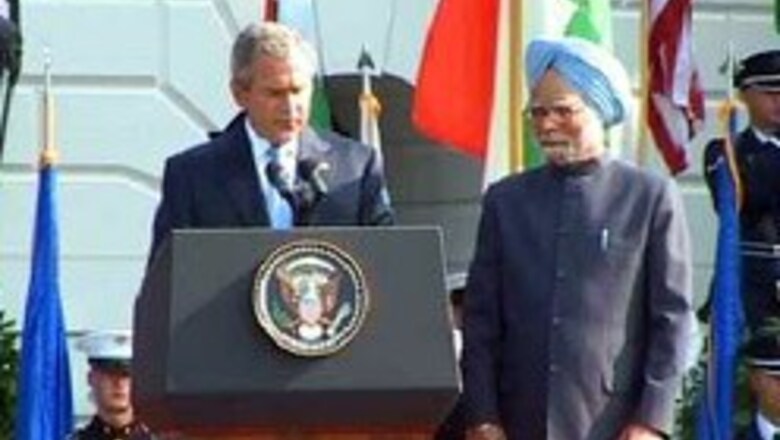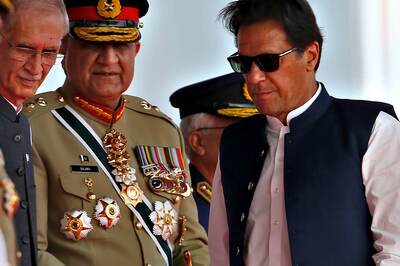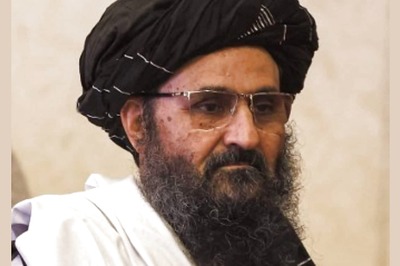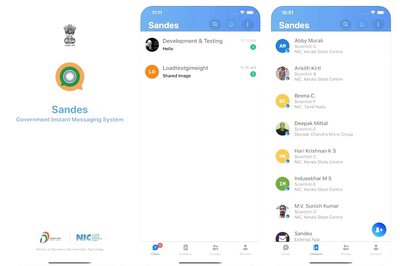
views
Washington: A Democratic lawmaker is proposing compromise legislation he hopes would spark in a skeptical Congress support for a Indo-US civilian nuclear cooperation accord.
Rep Tom Lantos, senior Democrat on the House of Representatives International Relations Committee, and a strong supporter of the deal, said at a hearing Thursday that current legislation lacks the wide support it needs to move through Congress this year.
The Bush administration is eager to receive congressional approval for what is promoted as a major shift in the United States' policy toward India.
Questions have arisen about the fate of the legislation because lawmakers from both political parties have shown a growing tendency to break from President George W Bush's leadership as his popularity has declined and November's congressional elections approach.
They also have expressed worry that the current legislation essentially would have them approve a proposal whose details have not been fully negotiated.
As Democratic Rep. Edward Markey, a fierce critic of the deal, testified, "By approving the existing legislation, you are effectively eliminating congressional oversight on nuclear cooperation permanently."
While the agreement announced March 2 by Bush and Indian Prime Minister Manmohan Singh determined a crucial part of the plan - separating India's civilian and military nuclear facilities - the two countries still must negotiate the conditions, duration and scope of the overall cooperation plan.
PAGE_BREAK
Lantos' draft legislation would assure an expedited up or down vote on the agreement only after negotiations had been completed and India's proposed nuclear safeguards submitted to lawmakers.
At the same time, it would put Congress on record as welcoming the accord as a positive development in Indo-US relations.
"The Indian government needs reassurance that the Congress is supportive," Lantos said. "There is urgency to move forward."
The accord being considered by Congress would allow the United States to ship nuclear technology and fuel to India in return for India's permission for international inspections and safeguards at 14 nuclear reactors it has designated as civilian; India's eight military facilities would remain off-limits.
For it to become a reality, Congress must exempt India from US laws that restrict trade with countries, such as India, that have not submitted to full nuclear inspections.
Critics fear Bush's plan would allow unfriendly countries to build nuclear weapons programs with impunity, using imported civilian nuclear technology.
US supporters say it would help satisfy the massive energy needs of a country, India, that has always managed its nuclear technologies responsibly.
Rep Jim Kolbe, the Republican chairman of a House subcommittee that finances foreign programs, testified that while India has never signed the international Nuclear Non-Proliferation Treaty, neither has it distributed nuclear technology to other nations.
"They developed their nuclear program outside of the NPT and have been an honest broker and ally to the US by adhering to the principles of the agreement," Kolbe said.




















Comments
0 comment